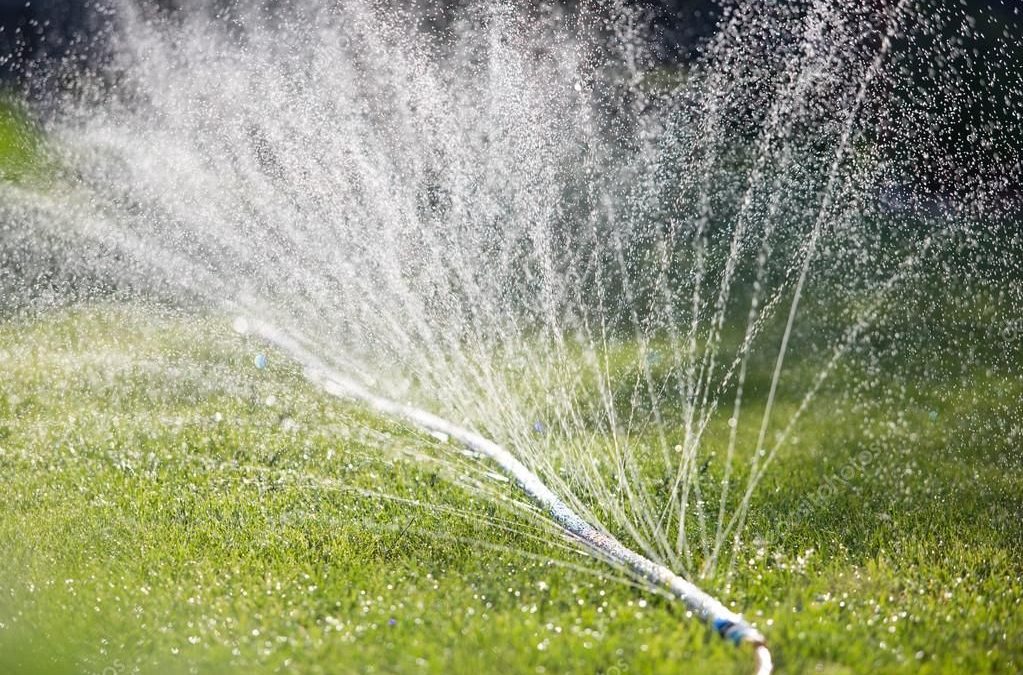Nowadays, agricultural production has adopted a lot of humanized machinery and equipment. Mobile sprinkler irrigation is one of them. Compared with ground irrigation, sprinkler irrigation has the advantages of saving water, labor, occupying less cultivated land, adapting to terrain and soil quality, and Maintain the advantages of soil and water. Therefore it is widely used in irrigated field crops, cash crops, vegetables and garden grassland. Sprinkler irrigation can be irrigated in a timely and appropriate amount according to the water demand of the crop. Generally, no deep leakage and ground runoff are generated. After spray irrigation, the ground is relatively uniform and the uniformity can reach 0.8-0.9.
Because the water is transported through the pipeline, the water loss is very small, and the spray irrigation water utilization coefficient can reach more than 0.9, which is 30% to 50% less than the surface irrigation for open channel irrigation. In the land with strong water permeability and poor water holding capacity, such as sandy soil, the water saving can reach more than 70%. Because the sprinkler irrigation can use a small irrigation quota for shallow irrigation, it can strictly control soil moisture and maintain fertility, protect the aggregate structure of the top soil layer, and promote the development of crop roots in the shallow layer to make full use of soil surface nutrients.
Sprinkler irrigation can also adjust the microclimate in the field, increase the humidity of the surface air near the ground, play a cooling role in high temperature seasons, and can wash away the dust on the crop stems and leaves, which is beneficial to the crop’s respiration and photosynthesis, so it has a significant yield increase effect. For many years, large-scale application of sprinkler irrigation has proven that compared with traditional ground irrigation, sprinkler irrigation increases grain crop yields by 10% -20%, sprinkler irrigation economic crop yields increase by 20% -30%, sprinkler irrigation fruit tree yield increases by 15% -20%, and sprinkler irrigation vegetable yields increase by 1 to 2 . However, sprinkler irrigation also has certain limitations, such as being affected by the wind, and it is not easy to spray evenly when the wind is strong, and the investment of sprinkler irrigation is higher than that of general ground irrigation.
Sprinkler irrigation is suitable for irrigating almost all dry crops, such as cereals, vegetables, fruit trees, edible fungi, and medicinal materials. It is suitable for both plains and mountain areas. It is suitable for both highly permeable soils and weakly permeable soils. It can not only irrigate crops, but also gardens, flowers, and grasslands. It can also be used for spraying fertilizers, pesticides, preventing frost, heatstroke, cooling and dust.

